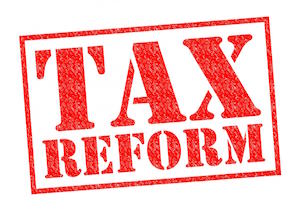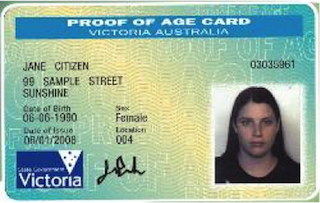Increased Super Guarantee Charge
In 1986, 3 per cent superannuation was awarded by the then Conciliation and Arbitration Commission as part of a productivity and wage package. Over time that increased progressively. For a long time it was stuck at 9%. It is currently 9.5% in 2015–16, and incremental increases are legislated each subsequent year to get to 12% in 2019–20.
In the 1995-96 Budget, the then Treasurer outlined the Keating Government’s proposal to further increase superannuation contributions to 15 per cent.
In this “immediate gratification” society, it doesn’t take much imagination to see that governments don’t trust individuals to behave in a way that gives them sufficient savings for their own needs later in life. This obviously has consequences for the public purse, necessitating subsidisation by the state (at taxpayers’ expense). For governments, mandatory savings schemes like Super are also a mechanism to shift reliance on future tax-payer funded pensions to private savings.
Details















